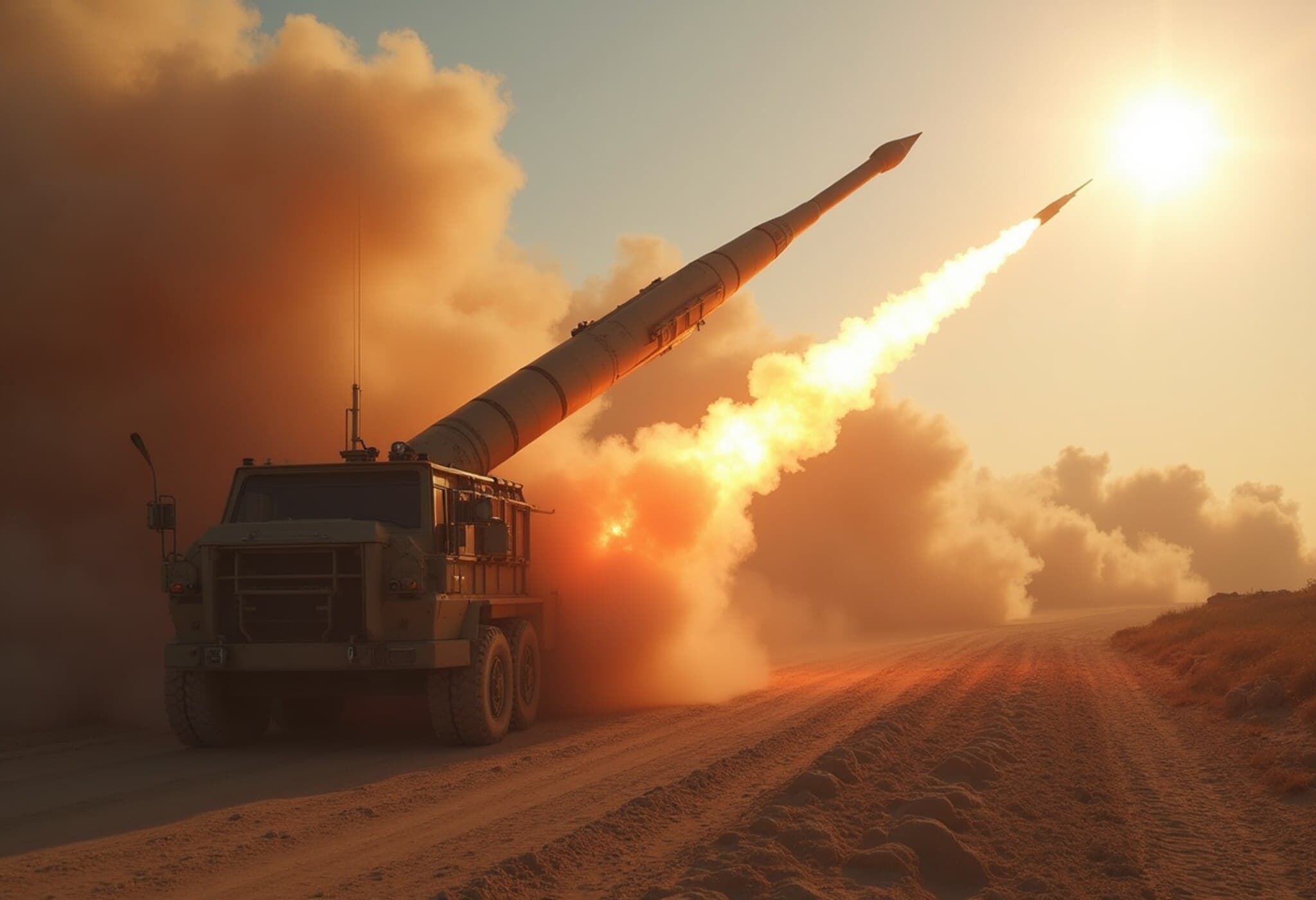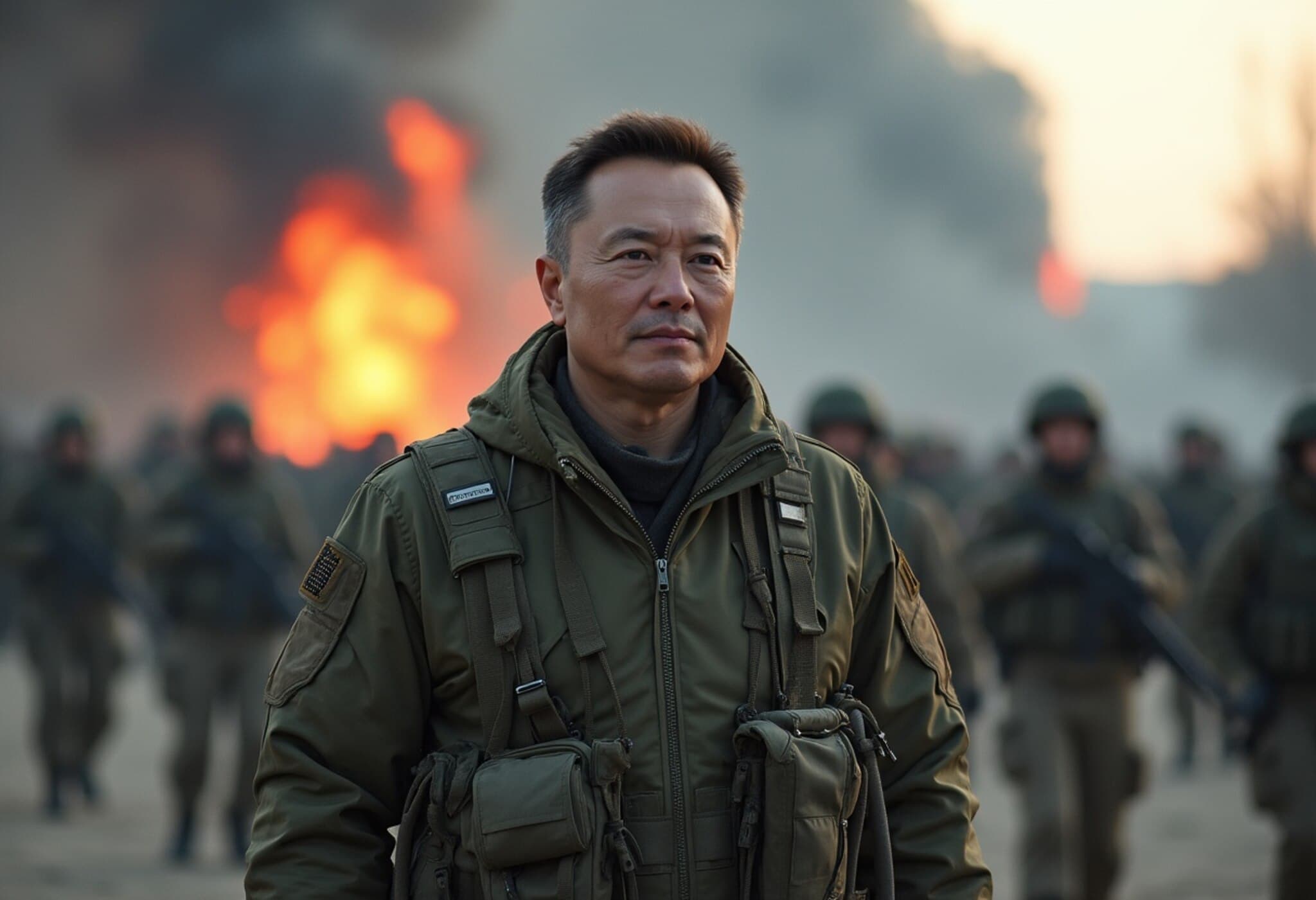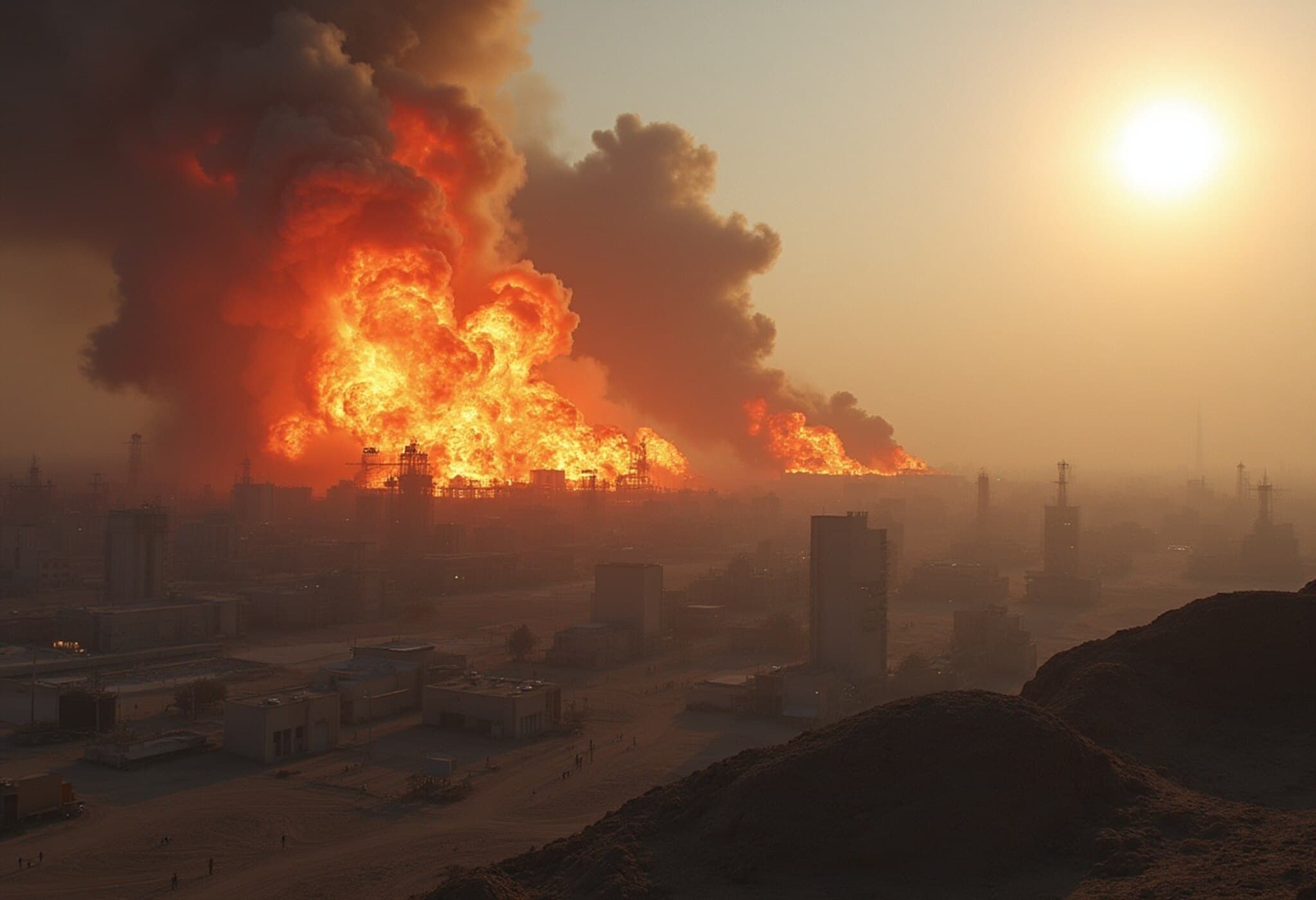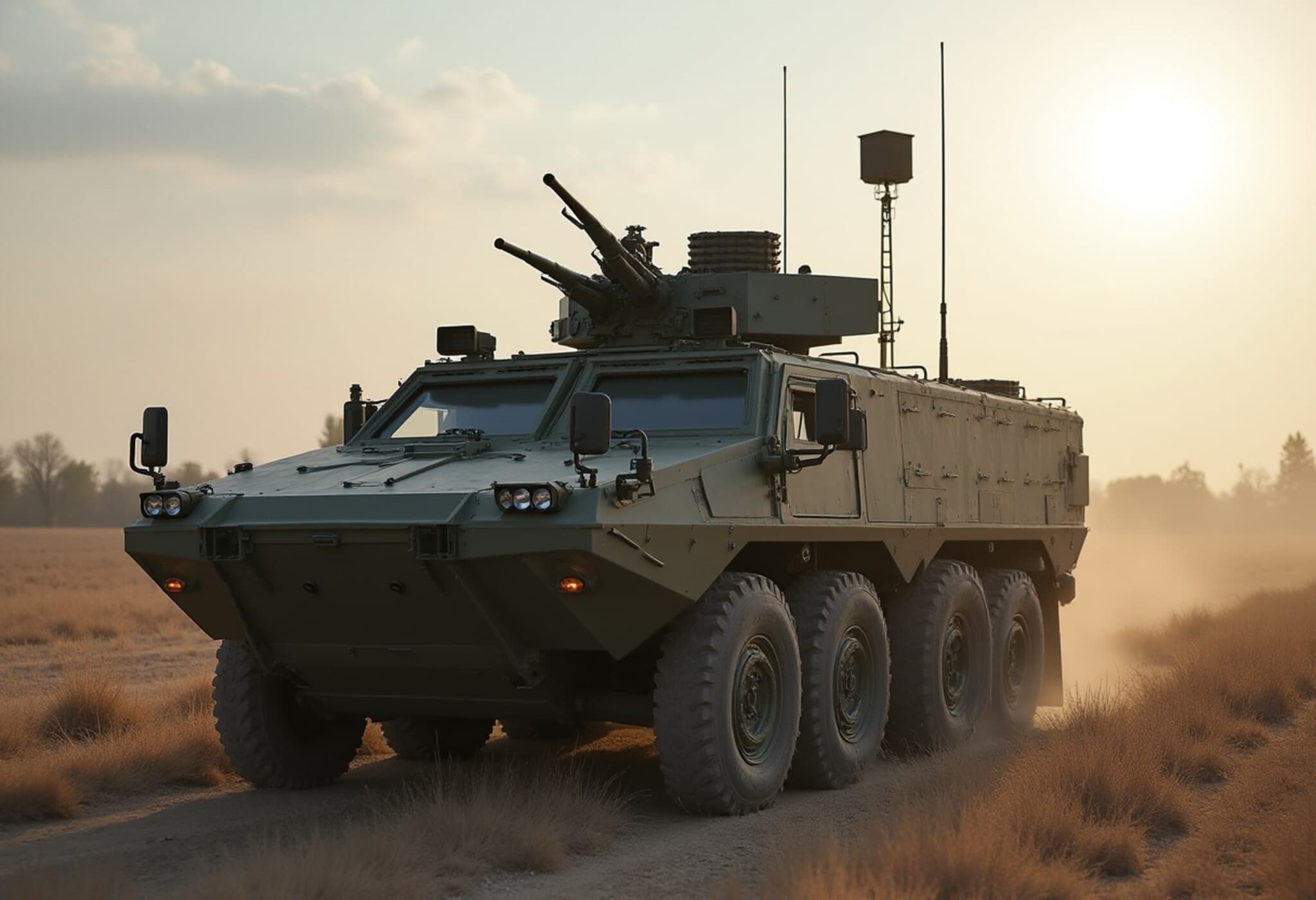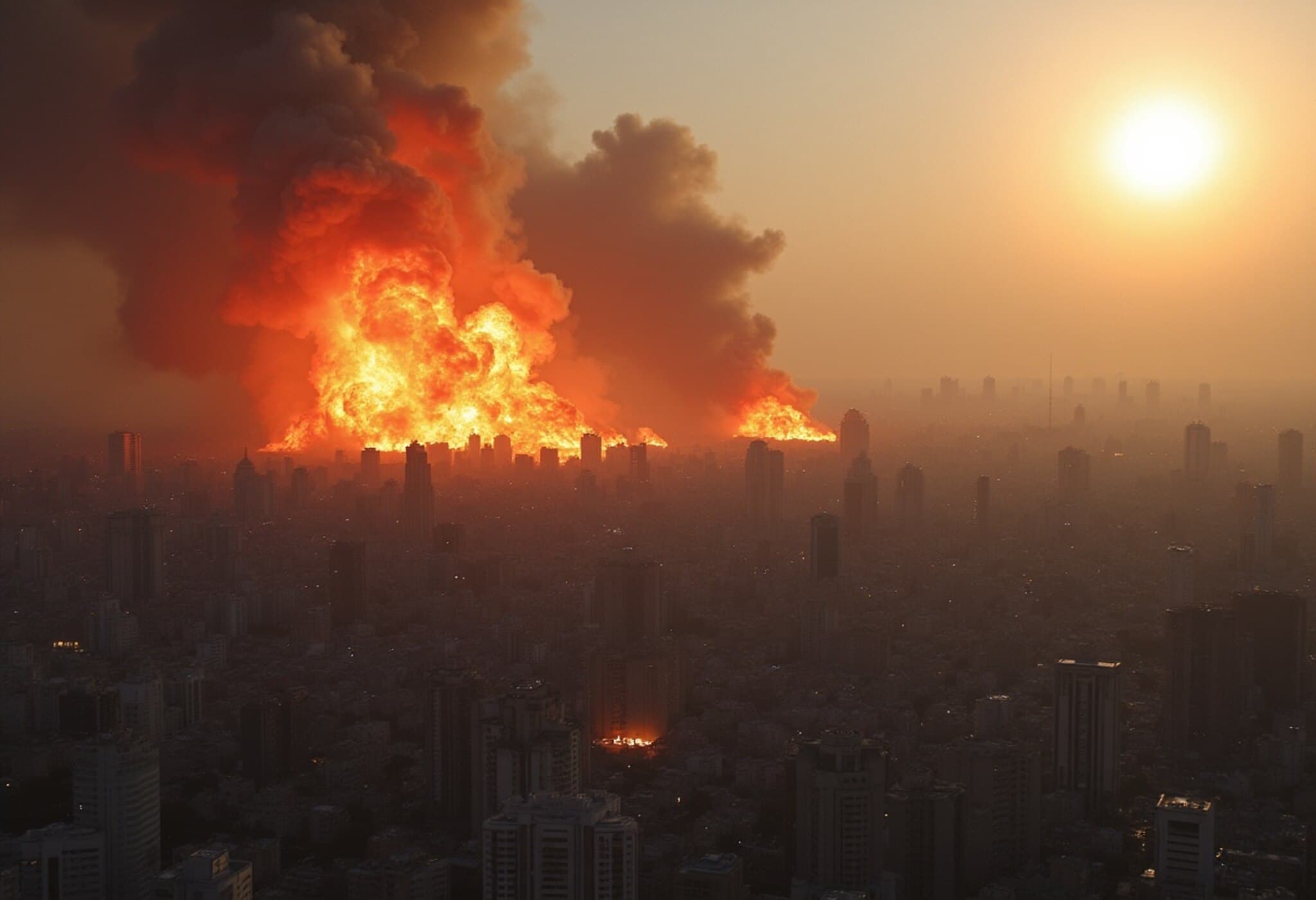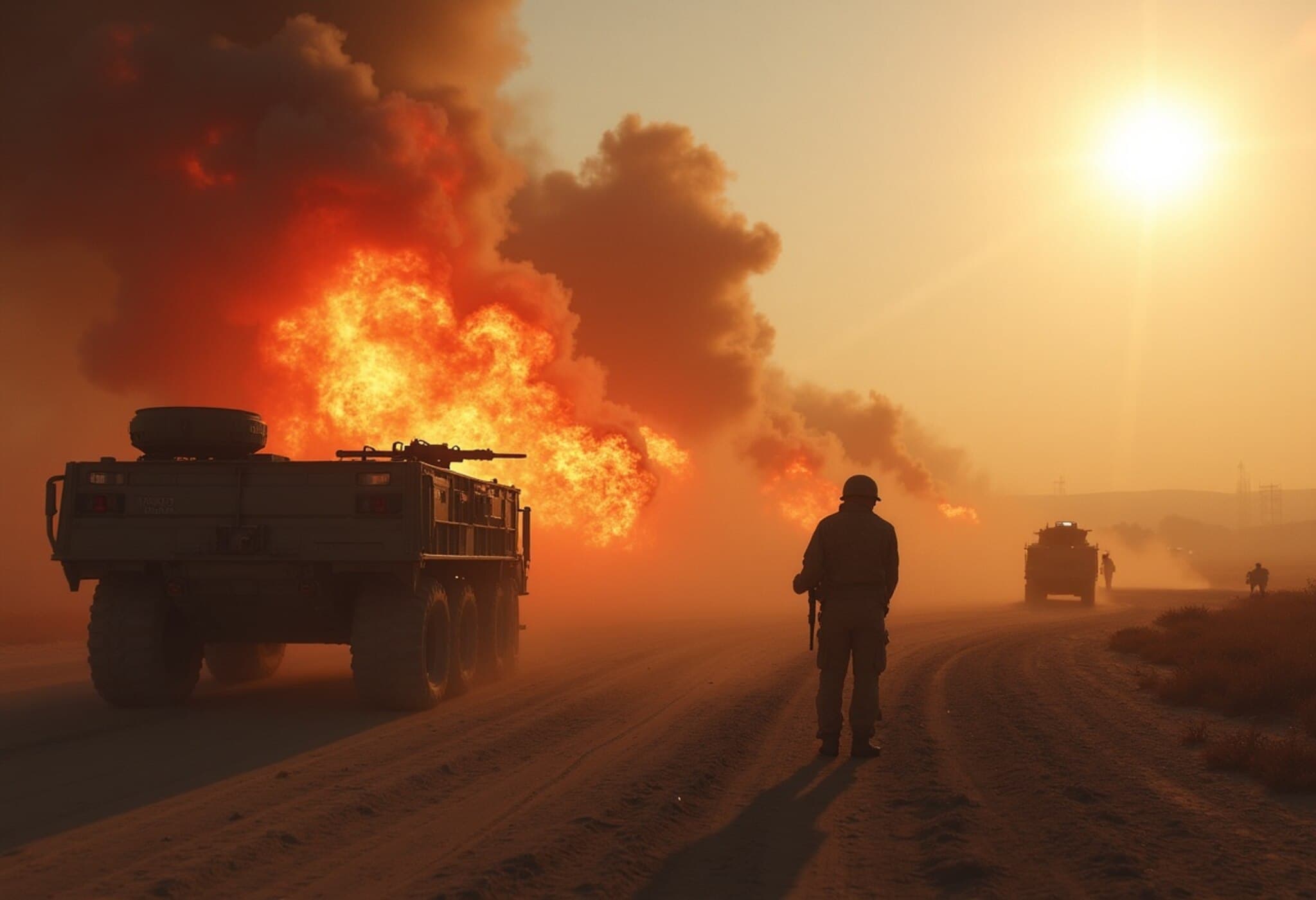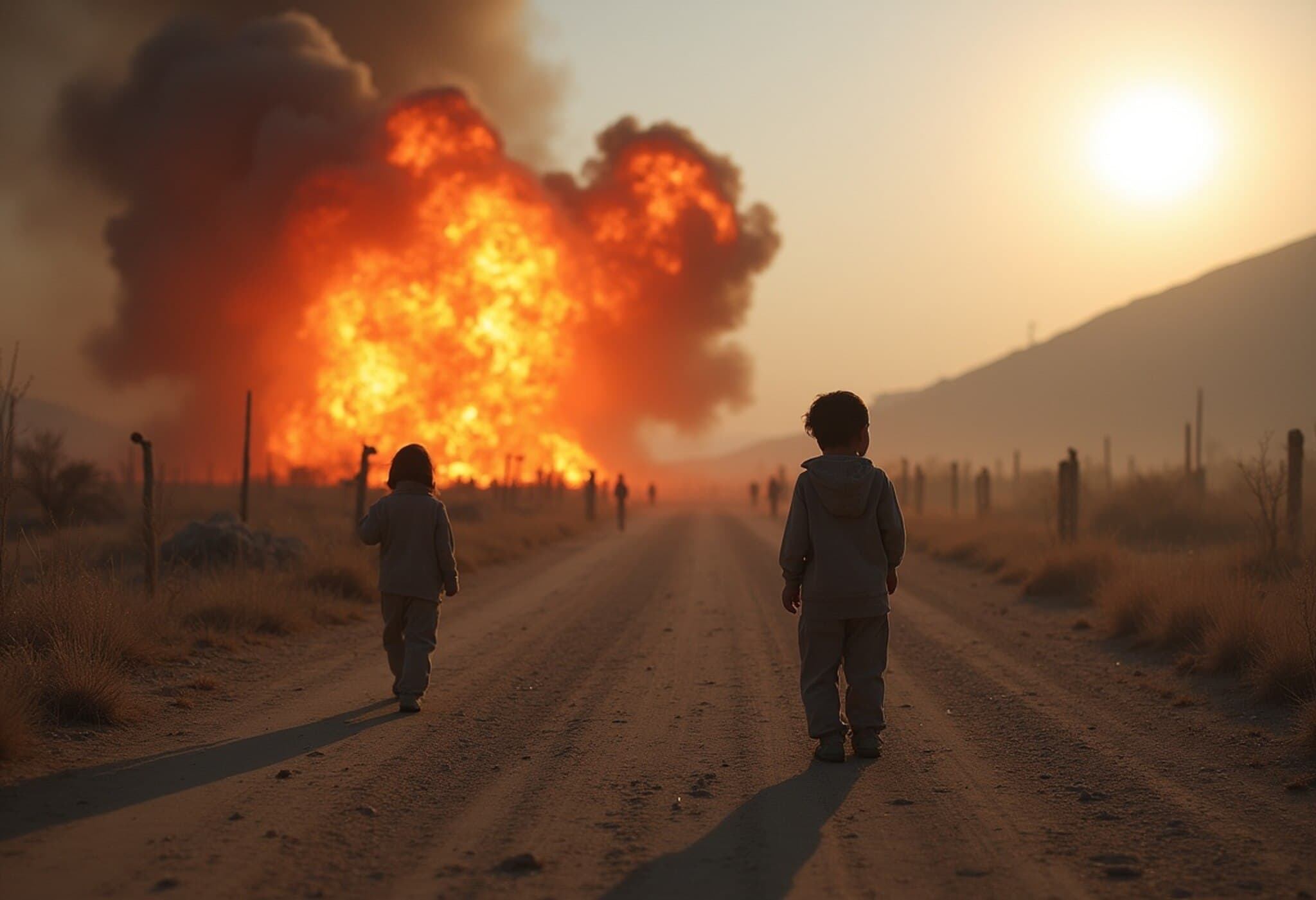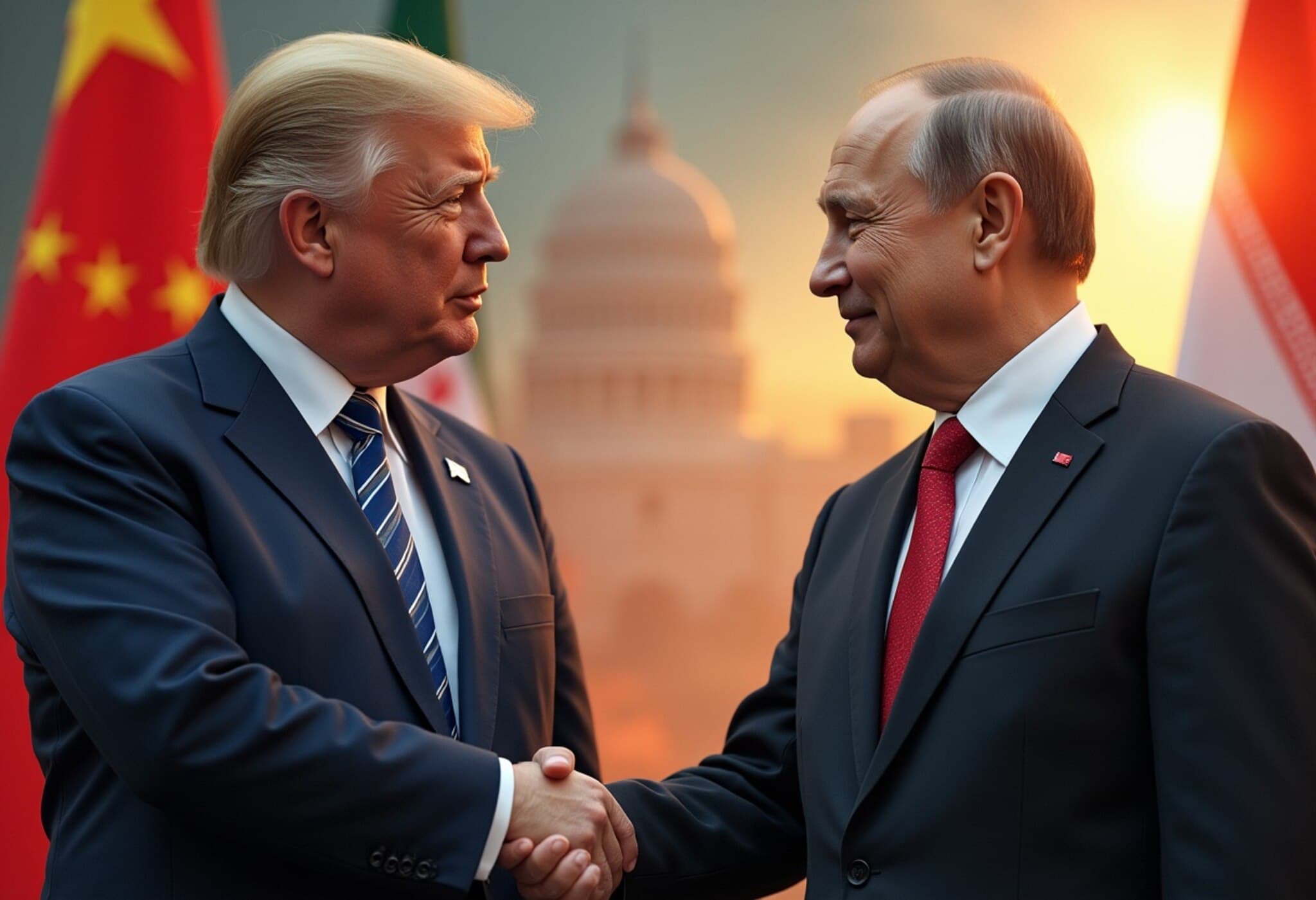Israel-Iran Tensions Escalate Over Cluster Bomb Usage
The ongoing friction between Israel and Iran intensified recently amid allegations that Iran launched a missile equipped with a cluster bomb warhead targeting a civilian area in Israel. This missile reportedly released numerous smaller munitions, known as bomblets, while descending from an altitude of approximately 23,000 feet (7 km), scattering them across an extensive radius of 8 kilometers.
What Are Cluster Bombs?
Cluster bombs are a type of explosive weapon designed to disperse multiple small bomblets over a wide area. While their military intent is to affect broad target zones, they remain deeply controversial due to their potentially indiscriminate and long-lasting impact.
Key Facts About Cluster Munitions
- One of these bomblets landed near a residential home in the central Israeli town of Azor, causing property damage but, fortunately, no casualties.
- The controversy surrounding cluster bombs stems from their indiscriminate dispersal of submunitions. Some bomblets fail to explode on impact and linger as dangerous unexploded ordnance, threatening civilian lives and stability long after conflicts have ended.
- Despite the global concern, neither Iran nor Israel signed the 2008 international treaty banning the production, stockpiling, transfer, and use of cluster munitions—a pact endorsed by 111 nations and 12 other entities.
- In a shift amid ongoing global conflicts, the United States authorized the transfer of cluster munitions to Ukraine in 2023 for defensive operations against Russian forces. Ukraine reports that Russian troops have also deployed cluster bombs.
- Experts emphasize the severe humanitarian risks posed by cluster bombs. Such weapons cause widespread destruction and leave behind unexploded remnants active in civilian-populated zones, compounding post-conflict dangers.
"They are egregious weapons with their wide-area destruction, especially if used in a civilian populated area and could add to the unexploded ordnance left over from conflicts," noted an arms control advocate, underscoring the urgent need for global dialogue on their use.
Why Cluster Bombs Remain a Global Concern
The use of cluster bombs raises troubling questions about international humanitarian law and the protection of civilians during armed conflicts. Their enduring threat lingers in affected areas, complicating post-conflict recovery and risking unintended casualties years after hostilities cease.
As the Israel-Iran conflict unfolds, the international community keeps a close watch on the implications of such weaponry, reflecting an ongoing struggle to balance military objectives with human rights and safety.

